Computational Theoretical) Science
MAEDA, Satoshi
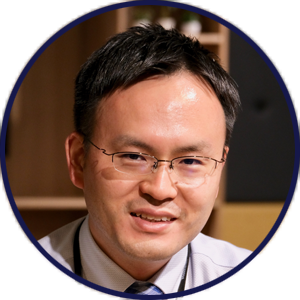 Theoretical analysis and prediction of reaction mechanism using automated reaction path search methods
Theoretical analysis and prediction of reaction mechanism using automated reaction path search methods
Participants will investigate the reaction path of chemical reactions such as organic reactions using the automated reaction path search program GRRM. The important reaction routes are extracted from the obtained reaction route data, and the reaction mechanism of the chemical reaction is discussed from the kinetic analysis for their energy profiles.
The target chemical reaction will be decided in consultation with the faculty in charge.
Since participants will be using a computer with a UNIX/Linux operating system, they should be familiar with the UNIX/Linux operating system, not Windows or Mac before attending.
Click here for more information on Professor Maeda.
TAKETSUGU, Tetsuya
Calculation of excited state species and design of heterogeneous catalysts
Course Duration: 2 weeks – 3 months
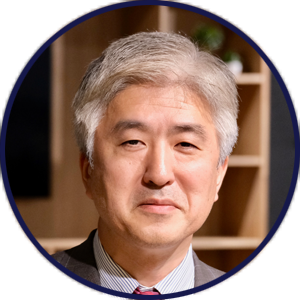 Electronic structure calculation for excited states
Electronic structure calculation for excited states- Calculation of heterogeneous catalytic reactions
- Electronic structure calculation of large systems
- Catalyst informatics
Click here for more information on Professor Taketsugu.
YAMAMOTO, Tetsuya *Rubinstein group
Theoretical calculation of polymer materials and macromolecules
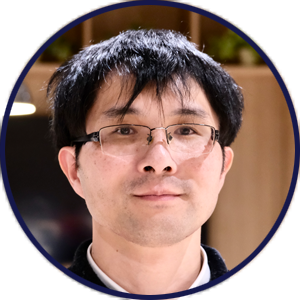 Soft matter physics (theory)—Polymer melting/solution, polymer network, liquid crystal, colloid, surface/interface/membrane, electrostatics/dynamics, etc.
Soft matter physics (theory)—Polymer melting/solution, polymer network, liquid crystal, colloid, surface/interface/membrane, electrostatics/dynamics, etc.- Physics of gene regulation and the nucleus—Combining the kinetic theory of (bio)chemical reactions and the theory of soft-matter physics to understand the physics of systems in the nucleus, such as the dynamics/regulation of genetic expression, chromatin structure/dynamics, the assembly of nuclear bodies, etc.
Click here for more information on Professor Rubinstein.
GAO, Min
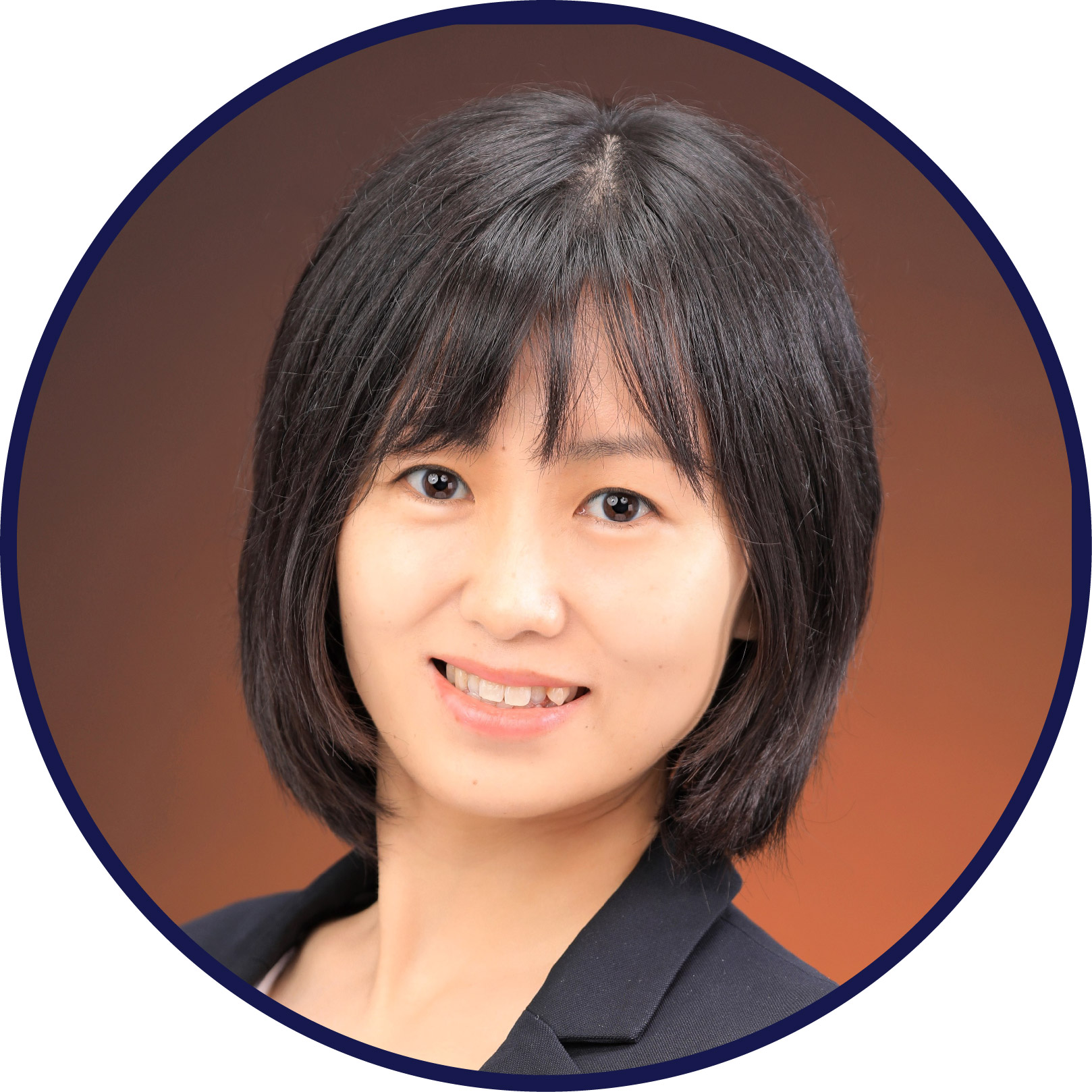 Computational Catalysis
Computational Catalysis
Course Duration: 1-3 months
- Mechanistic understanding of homogenous and heterogenous catalysts
Basic knowledge of UNIX/Linux operating system (at least file editing by vi command) is required.
Click here for more information on Professor Gao.
JIANG, Julong
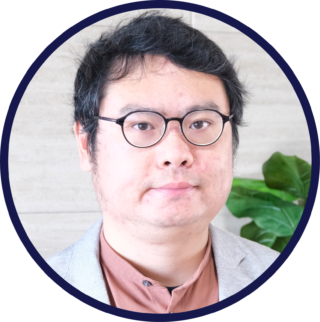 Exploration of Chemical Reactivities using Computational Chemistry
Exploration of Chemical Reactivities using Computational Chemistry
Course Duration: 1-2 months
- AFIR-based exploration of organometallic reactions
- Studies on asymmetric reactions
- Computational studies of mechano-reactive compounds (and bulk materials)
Fundamental knowledge of computational chemistry is recommended.
Information Science
YOSHIOKA, Masaharu
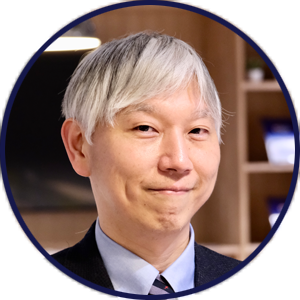 Information extraction from chemical research papers
Information extraction from chemical research papers
Course Duration: 1 month
- Chemical Named Entity Recognition (CNER): Extraction of chemical named entity (e.g., name of chemical compounds and atoms) from the text
- Technical term extraction: Extract technical term candidates from the text
- Research trend analysis using a time series of research paper sets (e.g., annual conference proceedings and/or articles of a particular journal title over 10 years)
Since participants will be using a computer with a UNIX/Linux operating system, they should be familiar with the UNIX/Linux operating system, not Windows or Mac before attending.
Click here for more information on Professor Yoshioka.
STAUB, Ruben (Varnek Group)
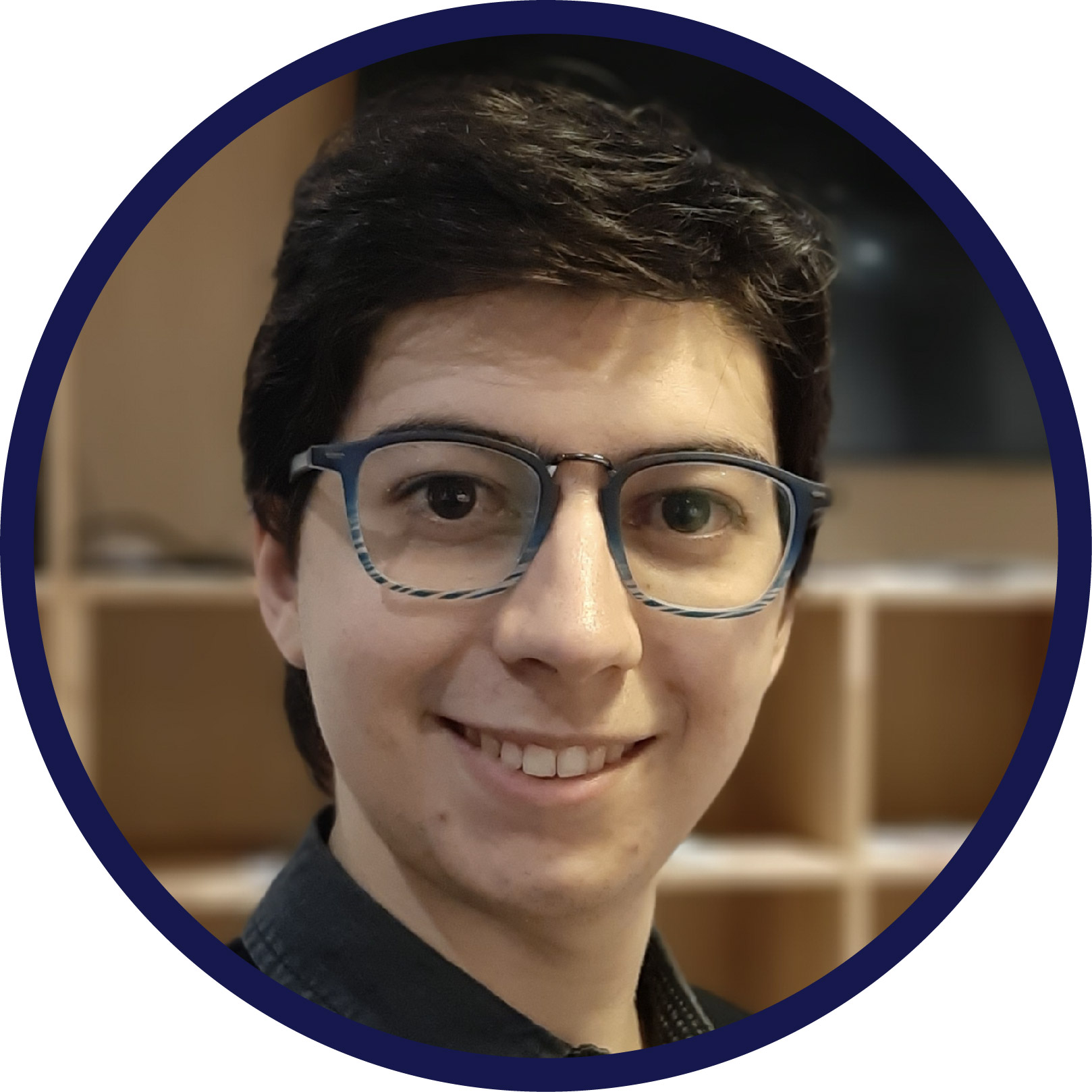 Advanced chemical data management and modeling
Advanced chemical data management and modeling
Course Duration: 1-2 months
- Getting familiar with popular chemoinformatics tools and concepts
- Structure-property modeling using multi-instance learning approach
- Creation of a specialized chemical database and web-based user interface
- Acceleration of ab-initio studies using tailored machine-learned force fields
If you want to apply the taught approaches to your own problem, we would advise you to collect your chemical data beforehand.
Click here for more information on Professor Varnek.
TAKIGAWA, Ichigaku
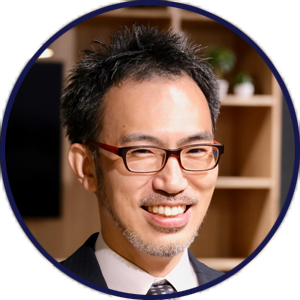 Methods and practices for data-intensive research
Methods and practices for data-intensive research
Course Duration: 1 month
- Prediction and data analysis based on machine learning, data mining, and database-related technologies
- Development and improvement of algorithms and data analysis pipelines
Click here for more information on Professor Takigawa.
KOMATSUZAKI, Tamiki
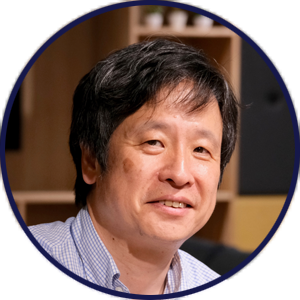 Phase space geometry of chemical reactions and on-line machine learning to accelerate experiments
Phase space geometry of chemical reactions and on-line machine learning to accelerate experiments
Course Duration: 2-3 months
- Theoretical development of chemical reaction systems which conventional statistical transition state theories cannot capture
- Bandits algorithm to drastically accelerate experiments and drug screening within a chosen tolerance by exploring the optimal condition with a feedback from exploiting the knowledge acquired during the experiment
- Molecular data science on the reconstruction of the energy landscape and reaction network from time series data and on classifying different roles of composite elements from an image data set
- Network theory for complex reacting systems
Click here for more information on Professor Komatsuzaki.
SIDOROV, Pavel
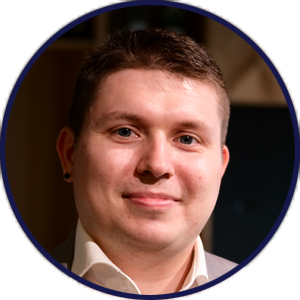 Chemoinformatics tools for chemical data management, analysis and QSAR modeling
Chemoinformatics tools for chemical data management, analysis and QSAR modeling
Course Duration: 1-2 months
- Computer representation of chemical structures (text strings, 2D and 3D structures)
- Chemical data cleaning
- Molecular descriptors and Quantitative Structure-Activity Relationships (QSAR) for biological activity or physico-chemical properties
Programming skills are helpful, but not necessary.
Experimental Science
ITO, Hajime
Development of new reactions of small molecules with various elements
Course Duration: 2 weeks – 1 month
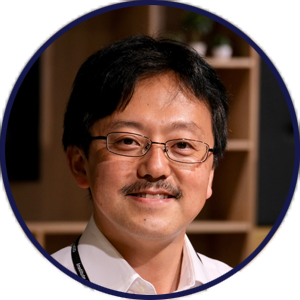 Mechanochemistry: Development of new organic synthetic methods without solvents using a ball mill
Mechanochemistry: Development of new organic synthetic methods without solvents using a ball mill- Development of luminescent sensing materials for mechanical stimulation: Mechanochromism and crystal phase change
- Novel catalyst design using computational chemistry: Asymmetric borylation and aromatic borylation
- Synthesis of new functionalized organosilicon compounds
Click here for more information on Professor Ito.
TSUJI, Nobuya *List group
Development of new reactions using organocatalysis
Course Duration: 2-3 months
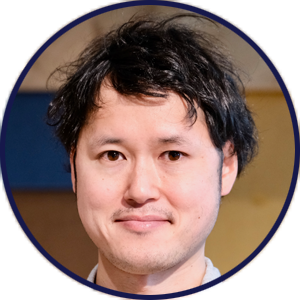 Participants will work on developing organocatalytic reactions as follows:
Participants will work on developing organocatalytic reactions as follows:
- Brønsted acid catalysis
- Organic Lewis acid catalysis
- Asymmetric Couteranion Directed Catalysis (ACDC)
- Design of novel chemical reactions using CO and CO2
Click here for more information on Professor List.
INOKUMA, Yasuhide
Small to medium-size molecule synthesis and crystallography
Course Duration: Up to 3 months
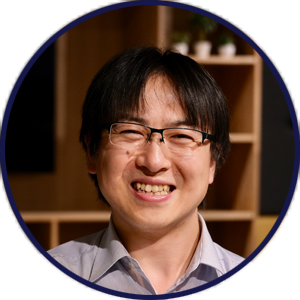 Synthesis of polyketones and related compounds
Synthesis of polyketones and related compounds- Design and synthesis of π-conjugated organic chromophores
- Crystallization and single crystal X-ray analysis of organic compounds
Click here for more information on Professor Inokuma.
HASEGAWA, Yasuchika
Light-emitting materials with high brightness and durability
Course Duration: 1 month
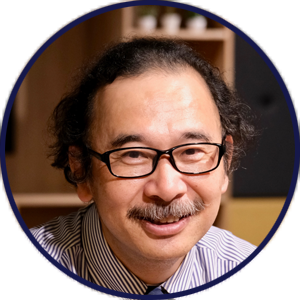 Development of luminescent lanthanide complexes and coordination polymers
Development of luminescent lanthanide complexes and coordination polymers- Applications using luminescent lanthanide complexes and coordination polymers (wavelength converter etc.)
- Measurements and analysis of luminescence properties (low and high-temperature measurements, emission lifetime, nanosecond time-resolved measurements, near-infrared luminescence measurements)
- Measurements and analysis of circularly polarized absorption and luminescence
Click here for more information on Professor Hasegawa.
GONG, Jian Ping
Synthesis of biocompatible/self-evolving gels and macromolecules
Course Duration: 1-2 months
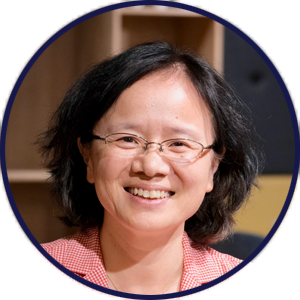 Development of tough hydrogels:
Development of tough hydrogels:
Participants will learn about the sacrificial bond principle, which is a basic principle for toughening soft materials. Based on this principle, hydrogel with a toughness comparable to that of industrial rubbers will be synthesized. Additionally, the mechanical properties of the synthesized gels will be characterized with a wide variety of measurements. The target gel will be decided after discussing the intended application with lab members.- Development of underwater adhesive gels:
Participants will learn the basic principles of adhesion for soft materials. Based on these principles, joint research on the synthesis and analysis of tough, underwater adhesive gels will be conducted.
Click here for more information on Professor Gong.
OGAWA, Mikako
Development of fluorescent dyes for biological use
Course Duration: 1, 2 or 3 months
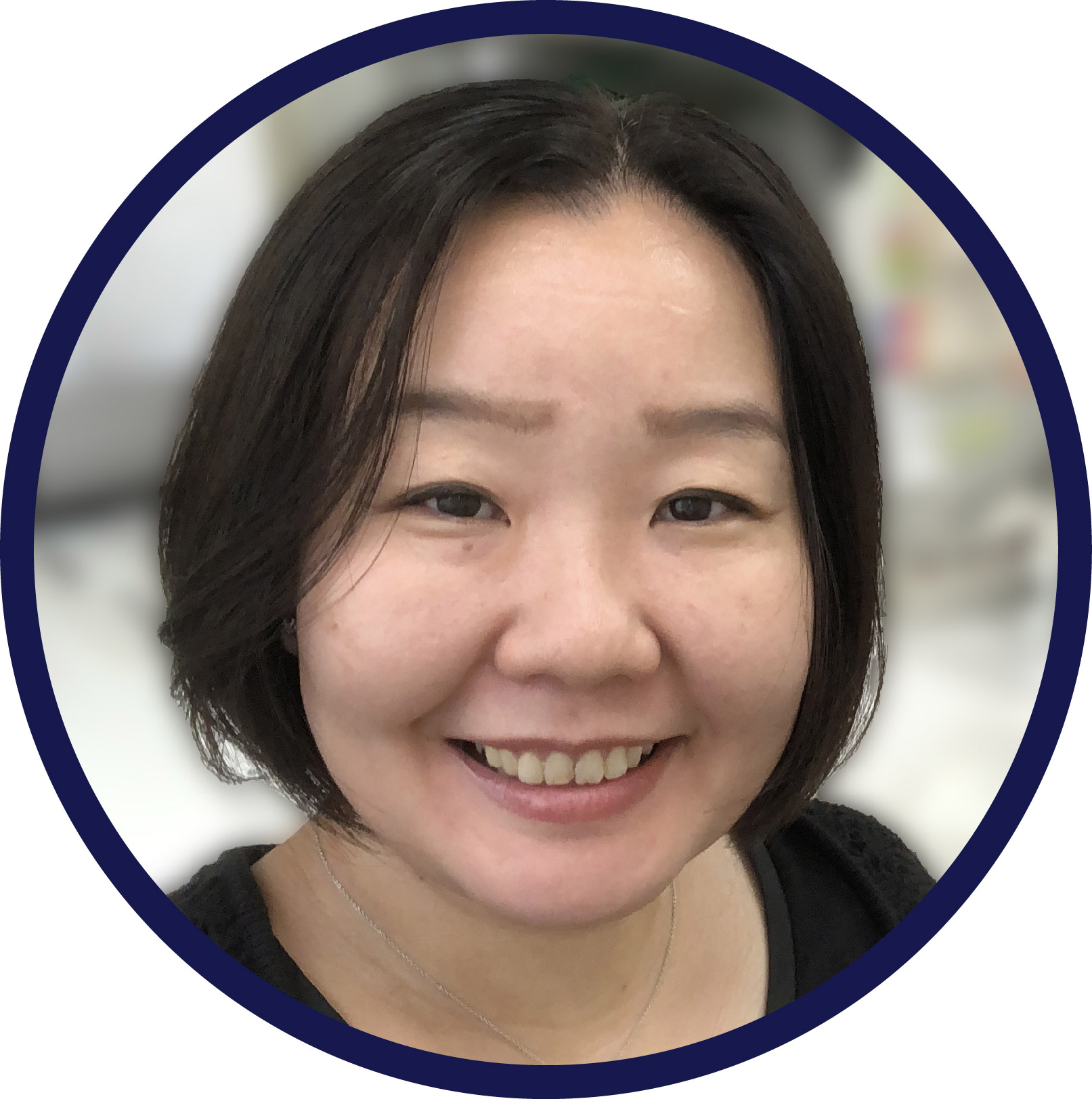 Synthesis of fluorescent dyes
Synthesis of fluorescent dyes- Optical characterization of fluorescent dyes
- Evaluation of fluorescent dyes in cultured cells
Click here for more information on Professor Ogawa.
TSUDA, Masumi
Cell control by new materials, development of next-generation diagnosis tools
Course Duration: 1, 2 or 3 months
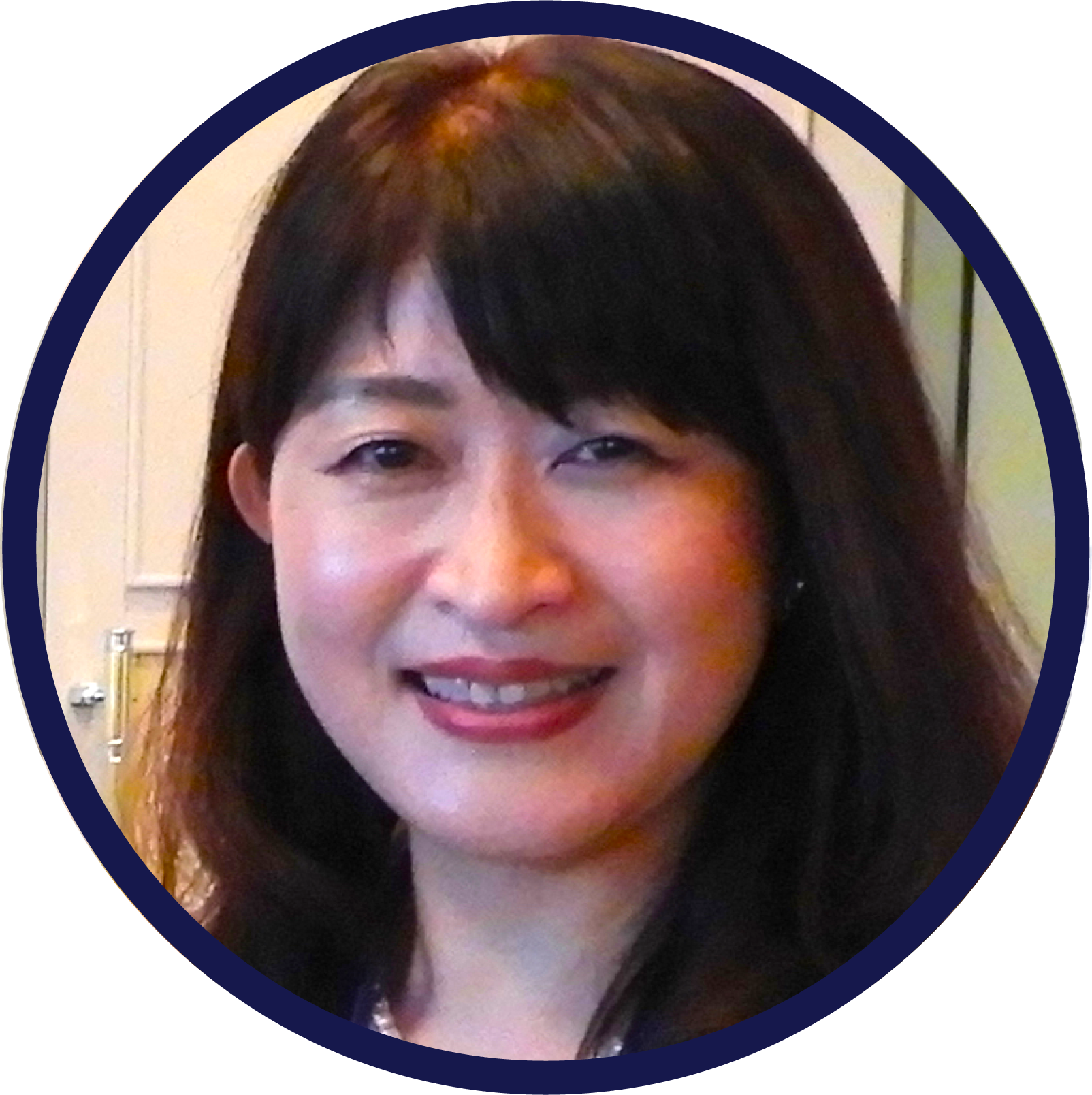 Theoretical prediction of catalytic proteins for chemical reactions and introduction of mutations into catalytic proteins (collaboration with Maeda group)
Theoretical prediction of catalytic proteins for chemical reactions and introduction of mutations into catalytic proteins (collaboration with Maeda group)- Induction of cancer stem cells by hydrogels
- Chemical library screening for anti-cancer stem cell drug through mathematical theory
Click here for more information on Professor Tsuda.
JIN, Mingoo
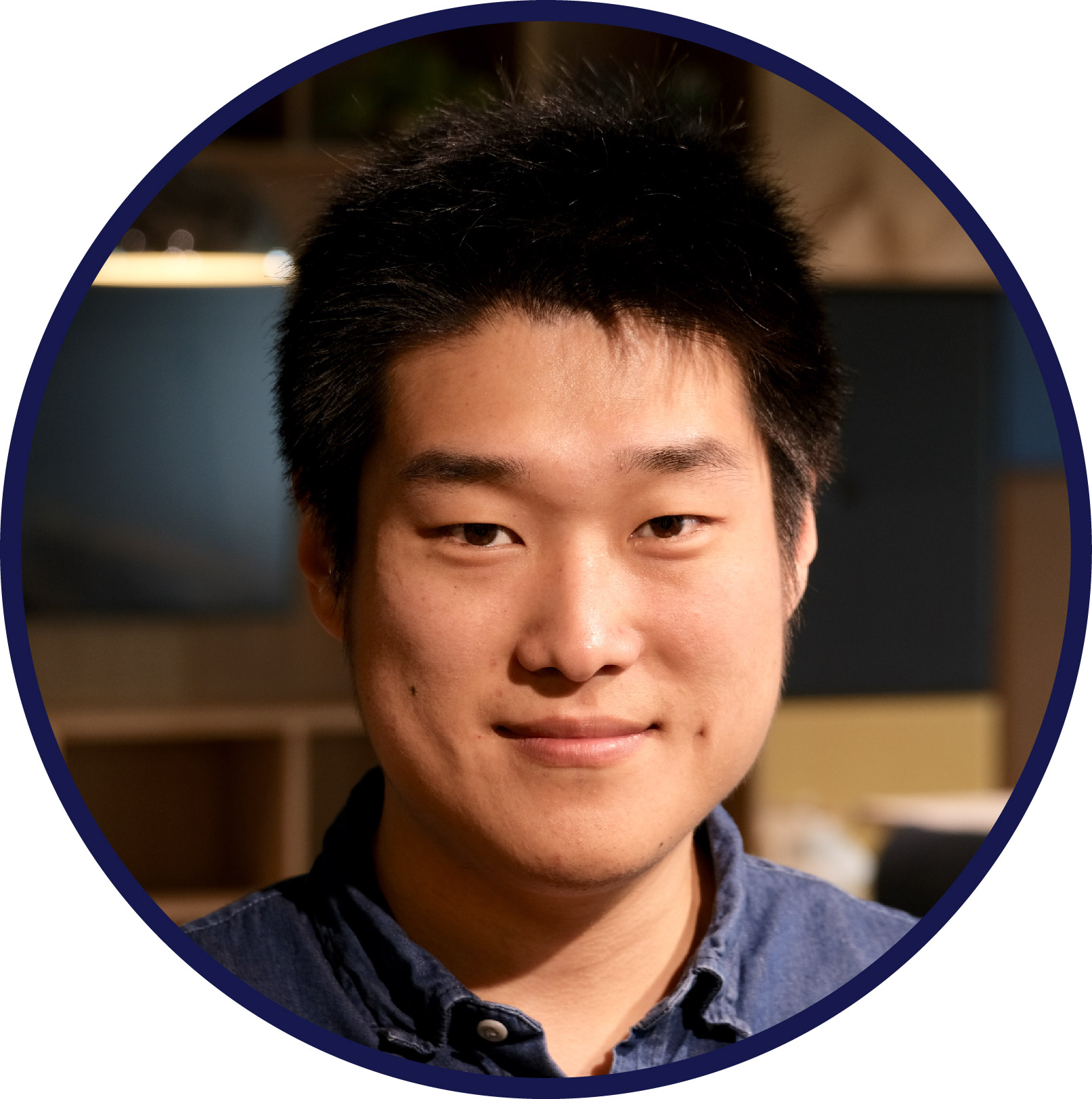 Development of a novel crystalline molecular rotor and solid-state functions
Development of a novel crystalline molecular rotor and solid-state functions
Course Duration: 1-3 months
- Synthesis of crystalline molecular rotors/gears/motors
- Single crystal XRD & Powder XRD measurement with crystal structure analysis
- Solid-state NMR study and molecular dynamics analysis
- Analysis of photo-physical properties using several spectrometers
Basic synthetical skills for organic & organometallic compounds would be encouraged.

